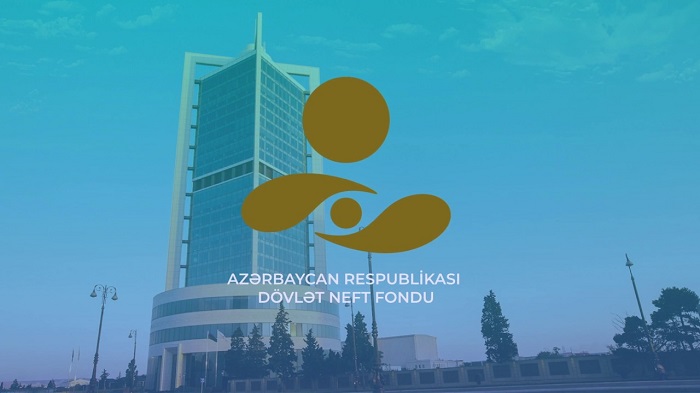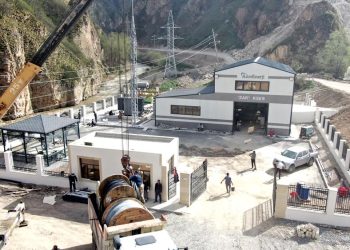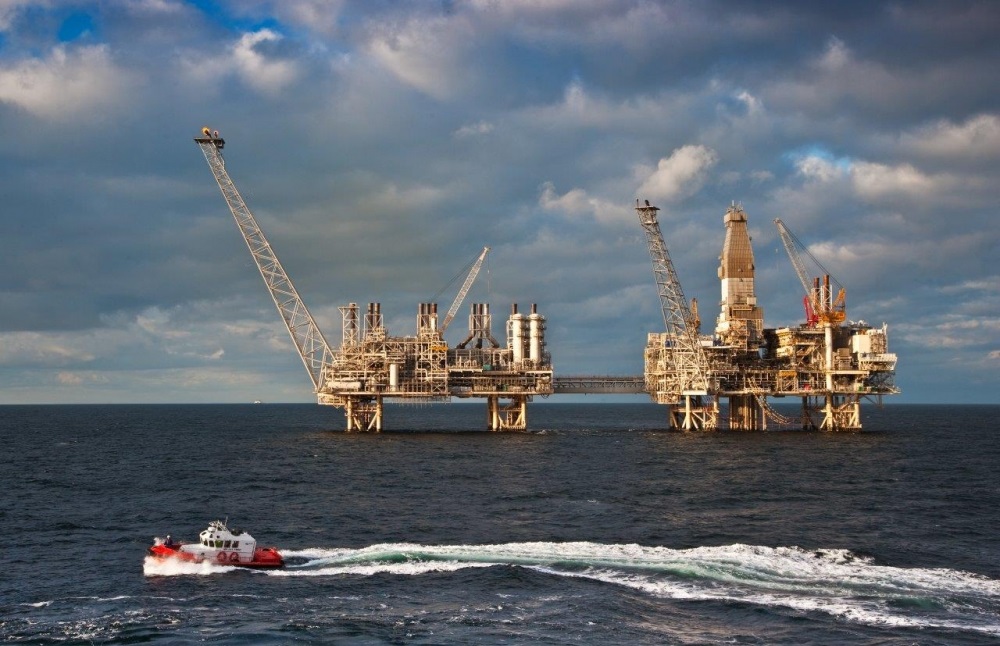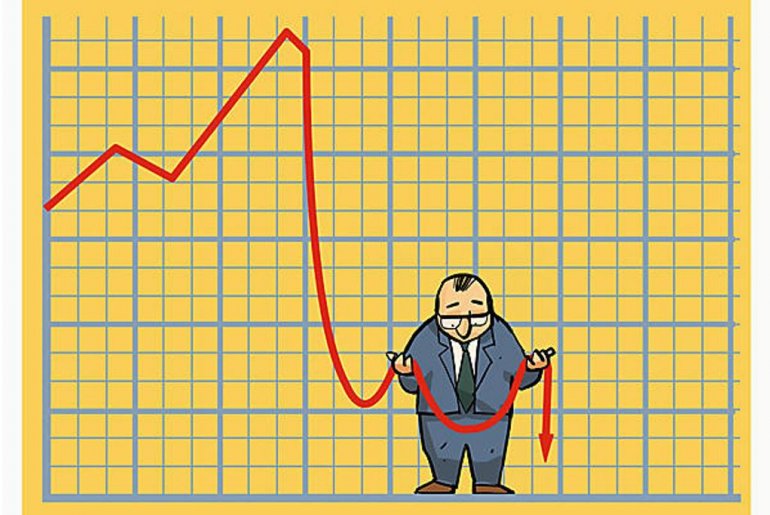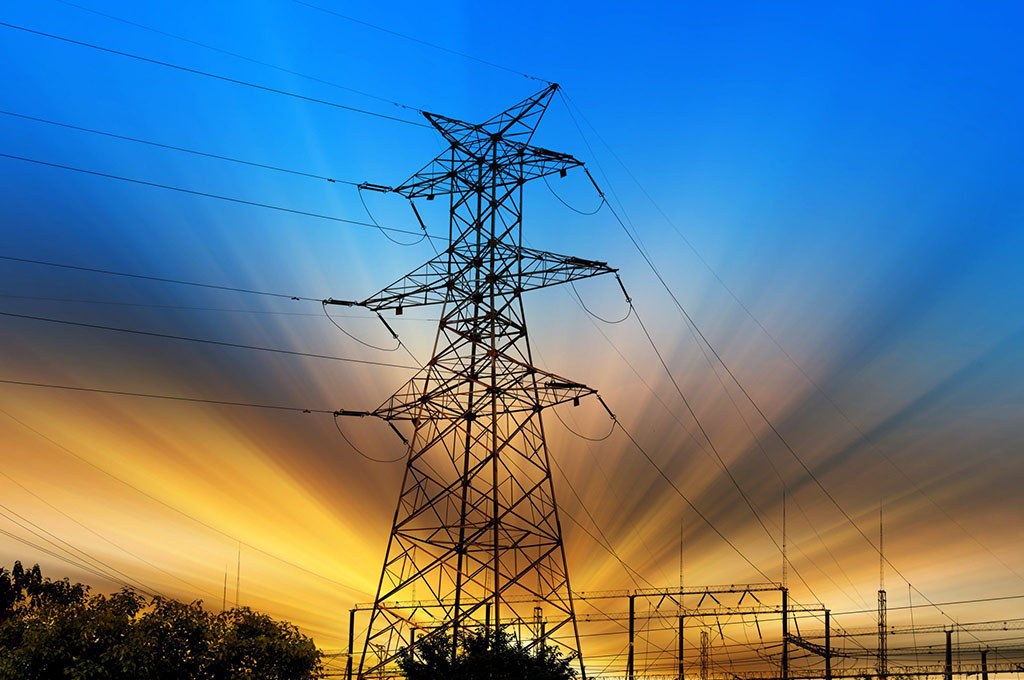Britain’s BP Plc (BP.L) aims to double natural gas production in Egypt in the next four years despite weak oil prices as Egypt’s burgeoning energy market offers hope for its battered economy.
 Egypt is on a drive to ramp up oil and gas production – aggressively signing exploration contracts, renegotiating production prices, and lobbying companies to speed up projects even as firms worldwide scale back.
Egypt is on a drive to ramp up oil and gas production – aggressively signing exploration contracts, renegotiating production prices, and lobbying companies to speed up projects even as firms worldwide scale back.
Through joint ventures with Italy’s Eni (ENI.MI) and the Egyptian government, BP currently produces 10 percent of Egypt’s oil production and 30 percent of its gas. The company says it has no intention of backtracking on its pledge to speed up production at recent discoveries.
“BP’s plan is to double our gas production in Egypt, before the end of this decade,” BP North Africa regional President Hesham Mekawi said in an interview with Reuters.
BP’s expansion plans come as crude oil prices hit 12-year lows. Last week the company announced it would slash 5 percent of its global workforce, about 4,000 jobs.
In Egypt, major discoveries such as Zohr, a Mediterranean gas field discovered by Eni in August, have kept companies interested in maintaining strong positions in the region, where massive deposits are believed to remain untapped.
“It gives a big incentive to the players who are here and maybe others considering investing in Egypt to do more …it proves what BP has believed for many years — that the Nile Delta is a world-class gas basin,” said Mekawi.
The lion’s share of additional production that BP will bring online in the next few years will come from its West Nile Delta project, which is expected to reach around 1.2 billion cubic feet per day starting in 2017, Mekawi said.
Atoll, an eastern Nile Delta discovery BP made last March, could bring 250 million cubic feet per day online by as early as late 2017, Mekawi said.
“(Atoll) is a very good example of how we’re moving fast and our partnership in Egypt is very successful. We had a discovery, and based on our confidence in Egypt we decided to move forward quickly,” said Mekawi.
BP’s efforts could help close Egypt’s energy gap as consumption has ballooned and production declined.
The crisis has forced the Arab world’s most populous nation to dig deeply into scarce foreign currency reserves to keep homes lit and factories running.
Egypt will spend an estimated $8 billion on energy imports this fiscal year, the oil minister said recently.
Still, despite the general optimism about Egypt’s energy prospects, Mekawi acknowledged that investment decisions are being made with extreme caution because of the low oil price.
“Capital is becoming very challenging now, and everyone has to make sure every dollar spent is spent efficiently,” Mekawi said.
He declined to put a figure on this year’s expected investment.
Egypt recently announced an international tender for 11 oil and natural gas exploration blocks in the Mediterranean sea and Nile Delta to be held in the second half of fiscal year 2015-2016.
“Having new bid rounds is very important to keep the pipeline of acreage available in the market,” Mekawi said.
“Even with oil prices (down) people are still looking at Egypt in a different, positive way.”
Mekawi sees Egypt’s energy sector growth culminating with the country assuming the role of regional hub, for gas re-export linking up Cyprus, Turkey, Israel and others, and he sees this happening in the next three years.
Egypt “has all the fundamentals – infrastructure, facilities, location …to be used both for the domestic market, which is huge, and for export,” he said.
BP has an agreement to operate a liquefied natural gas plant on Egypt’s northern coast in Damietta. The plant, which allows for re-export of LNG, has sat idle for three years, ever since Egypt halted exports.
Mekawi believes future discoveries will revive the Damietta plant, and Egyptian exports.
“There is still a lot of gas to be found in Egypt in the Mediterranean,” he said.




